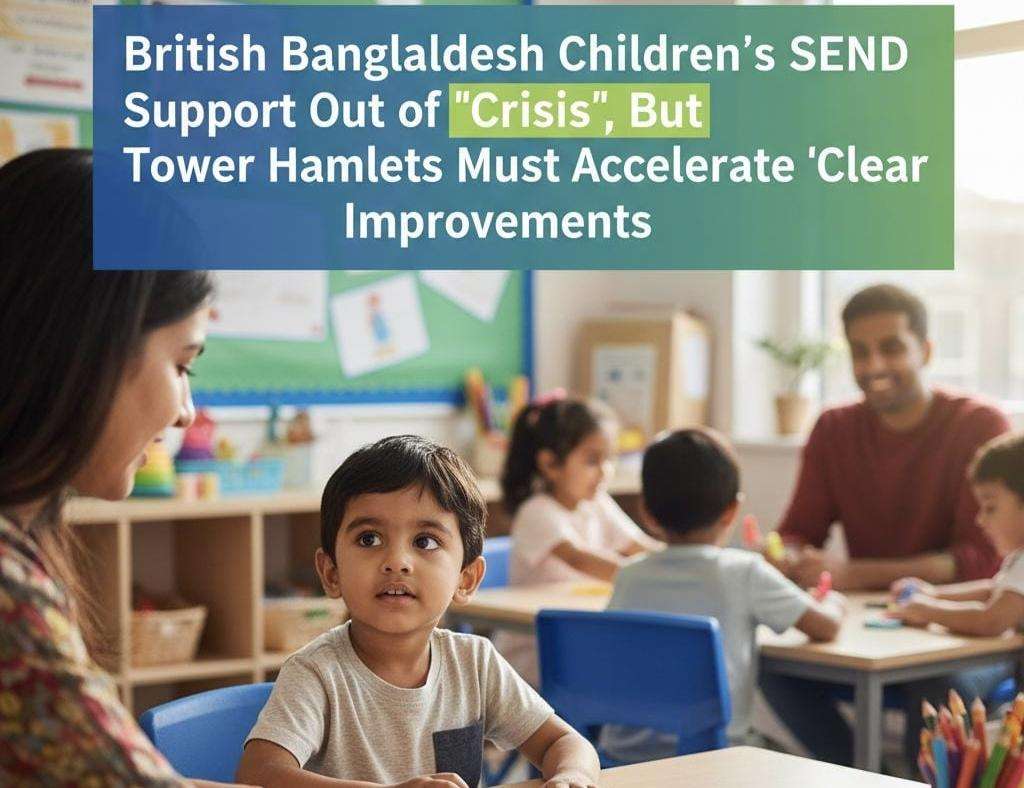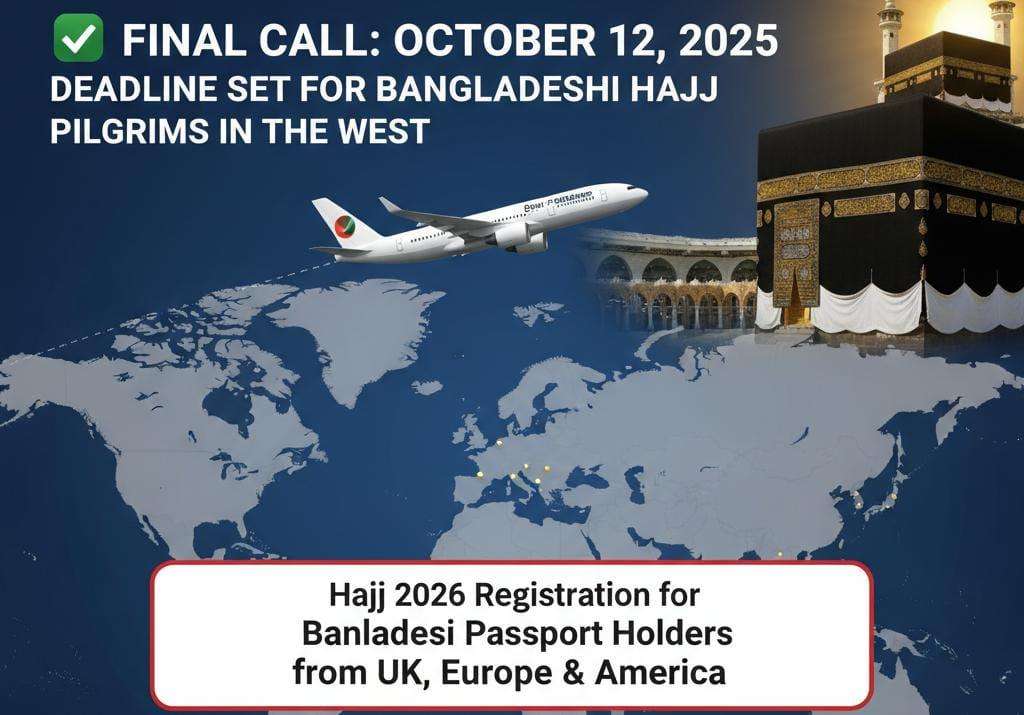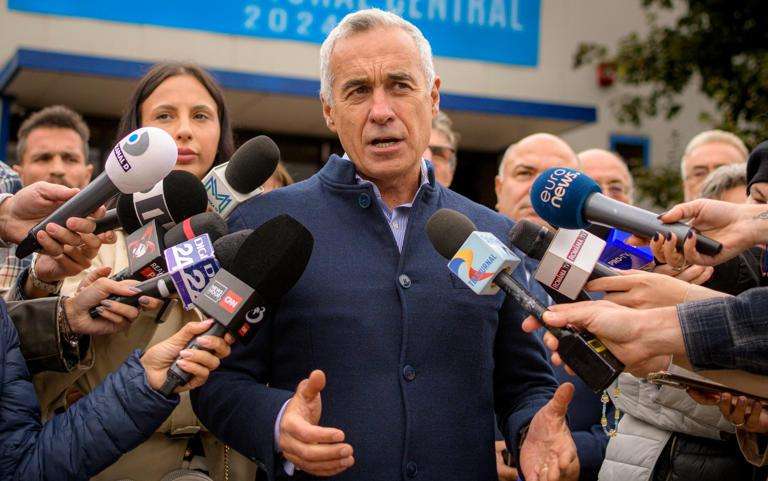In a shocking outcome that might reverse its backing for Ukraine, a pro-Russian NATO critic has emerged victorious in Romania's first round of presidential elections.
With 23% of the vote, ultra-nationalist Calin Georgescu, who ran a vigorous campaign on the Chinese social media platform TikTok, won first place.
Elena Lasconi of the liberal Save Romania Union (USR), who finished second with 19% of the vote, will now challenge him in a runoff.
The first-round result is an earthquake for post-Communist Romanian politics because the polls had suggested that the incumbent centre-Left party led by Marcel Ciolacu, the prime minister, would easily win the race. Instead, Mr Ciolacu’s pro-EU Social Democrats party was knocked out after coming third.
Mr Georgescu, 62, said: “Tonight, the Romanian people cried out for peace.”
He added: “And they shouted very loudly, extremely loudly. We are strong and brave, many of us voted, and even more will do so in the second round.”
Mr Georgescu, a former UN human rights special rapporteur, has described Vladimir Putin as “a man who loves his country”. Prior to Sunday’s election, he had been widely considered a fringe independent candidate who would only secure about 5 per cent of the vote.
The role of president in Romania grants significant decision-making powers on national security and foreign policy, meaning a victory for Mr Georgescu in the Dec 8 run-off would cause concern in EU and Nato circles.
Romania shares a 400 mile-long border with Ukraine and has been a key player in support for Kyiv. It provides transit routes for Ukrainian grain supplies and has donated a Patriot air defence battery. Its Nato airbase is set to become the biggest in Europe.
Mr Georgescu, in addition to praising Putin, has described Romania’s Nato missile defence shield in Deveselu as a “shame of diplomacy”.
Though he has not explicitly stated whether he supports Russia’s war, he has said that Romania should heed “Russian wisdom” when dealing with geopolitics.
Shortly before the vote, he launched a campaign on TikTok, where he has 285,000 followers, to call for an end to support for Ukraine and voiced scepticism of the benefits of Nato membership. In a 2021 interview, he claimed the alliance would not defend its members in the event of a Russian attack.
TikTok has been banned on British government devices over possible cybersecurity risks and for its links to Beijing, which has grown increasingly close to Moscow.
In response to the result, Cristian Pîrvulescu, a political scientist, said: “The far-Right is by far the big winner of this election.”
Referring to the discrepancy between Mr Georgescu’s polling performance and the first-round result, Radu Magdin, an analyst, said: “Never in our 34 years of democracy have we seen such a surge compared to surveys.”
The result was also a disaster for Romania’s two incumbent parties, as Mr Ciolacu’s Social Democrats (PSD) and the centre-Right National Liberal party (PNL) were both knocked out in the first round. There were suggestions that many Romanians cast their vote for Mr Georgescu as a protest against traditional parties.
The December run-off will be the first occasion in Romania’s post-Communist history where the PSD does not field a presidential candidate.
‘Anti-Western populism’
Ion Marandici, an international relations expert at Rutgers University, said it was unlikely that TikTok was to blame for the shock result because of the young age of its users.
He said in a post on X, formerly known as Twitter: “Georgescu’s rise is not due to TikTok as some have suggested [because] TikTok is mostly used by young people, who usually are not active voters and are not as conservative as Georgescu either. Georgescu did appear on several popular podcasts, though.”
He also suggested that Mr Georgescu’s frequent appeals to traditional Christian values resonated with Romanian voters.
He added: “Georgescu adopted a mystical-religious discourse combined with anti-Western populism to appeal to a broad base of disillusioned voters seeking spiritual reassurance and simplistic solutions after the pandemic ended. He was also more eloquent than his opponents.”








.svg)


